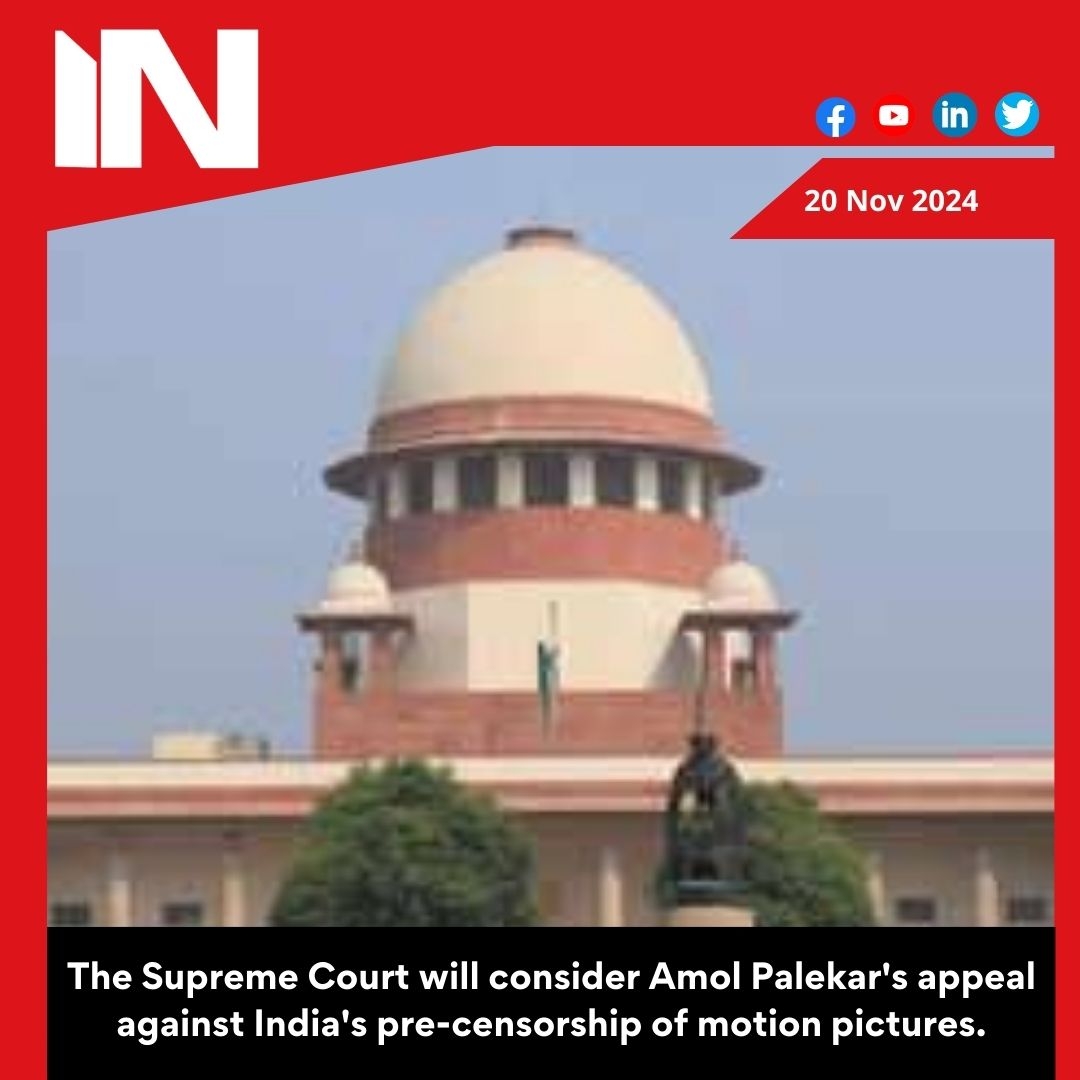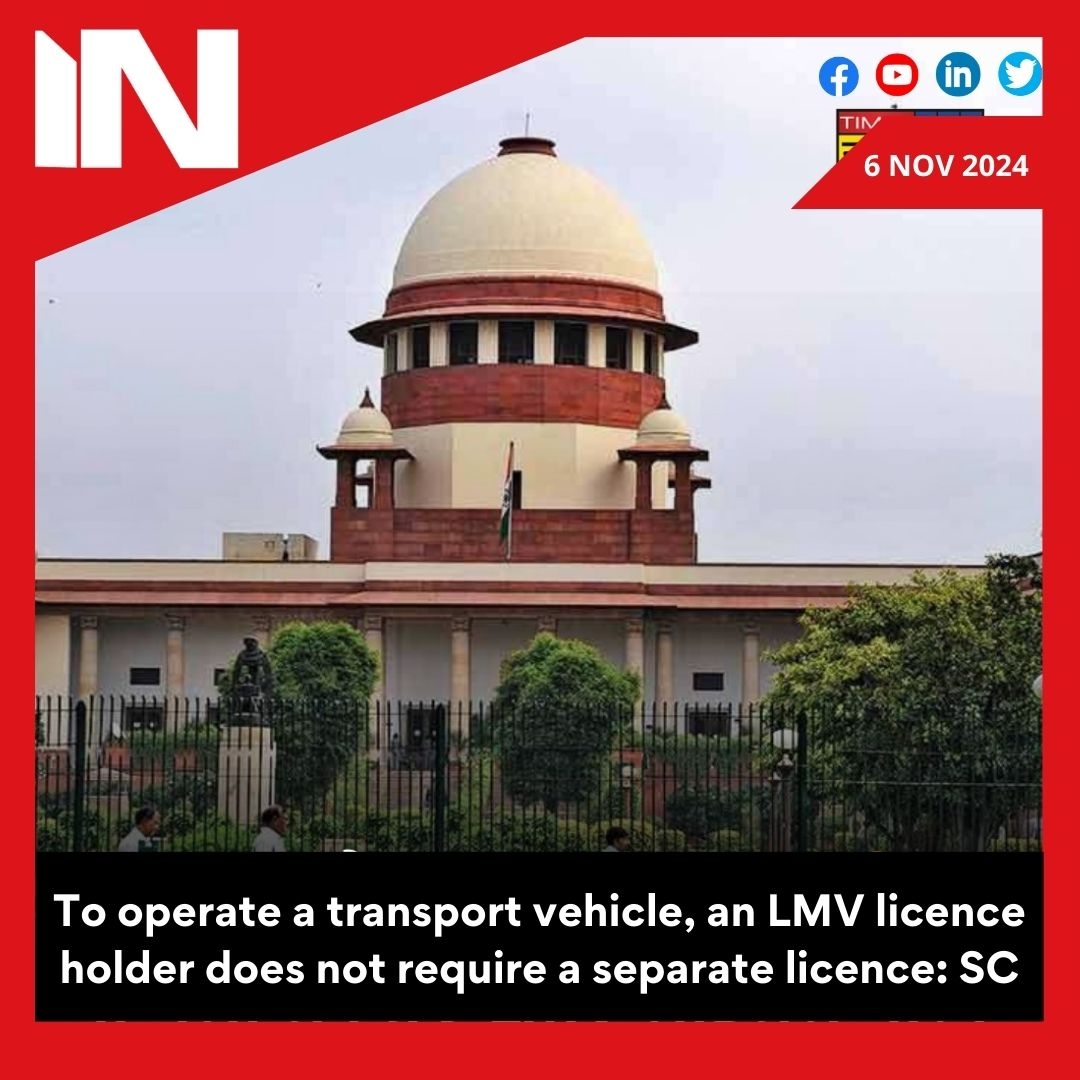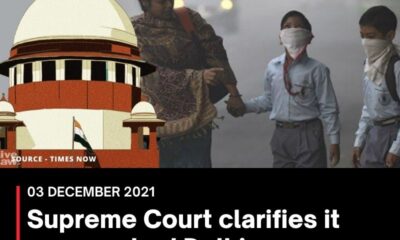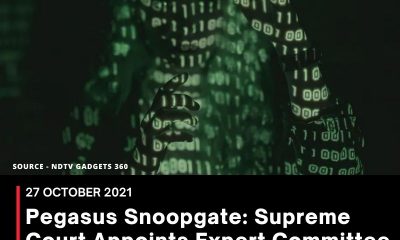India Hot Topics
Charges against SC judge put CJI in a spot

SSC Exam Calendar 2025
SSC Exam Calendar 2025 revised, check CGL, CHSL, SI in Delhi Police, MTS, JE and other exam dates here
-

 SSC Exam Calendar 20252 months ago
SSC Exam Calendar 20252 months agoSSC Exam Calendar 2025 revised, check CGL, CHSL, SI in Delhi Police, MTS, JE and other exam dates here
-
%20(2).jpg)
%20(2).jpg) Celebrity Lifestyle1 month ago
Celebrity Lifestyle1 month agoKareena Kapoor reveals her new schedule; says she has dinner at 6pm, lights out at 9:30 pm: ‘Saif, the kids and me, we’re all cooking together’
-

 Celebrity News1 month ago
Celebrity News1 month agoAccording to Urvashi Rautela, Leonardo DiCaprio referred to her as the Queen of Cannes; online users refer to him as the “first Hollywood star to
-

 Web Series1 month ago
Web Series1 month agoFirst impression of a good boy: Don’t let “Pouty” Park Bo Gum deceive you; he’s throwing punches of his career.
-

 Trending1 month ago
Trending1 month agoThug Life Movie Review & Release Live Updates: Kamal Haasan’s Bold New Venture – Is it the Hit We Expected?
-

 Virat Kohli2 months ago
Virat Kohli2 months agoVirat Kohli wants to retire from Test cricket before England tour; BCCI urges him to change his mind
-

 Pakistan2 months ago
Pakistan2 months agoThe 5 terrorists India killed in Pakistan under ‘Operation Sindoor’ air strikes
-

 Delhi AQI2 months ago
Delhi AQI2 months agoDelhi AQI improves to ‘poor’, slight rise in temperatures as fog reduces









.jpg)
.jpg)
.jpg)
.jpg)
.jpg)

.jpg)
.png)








You must be logged in to post a comment Login